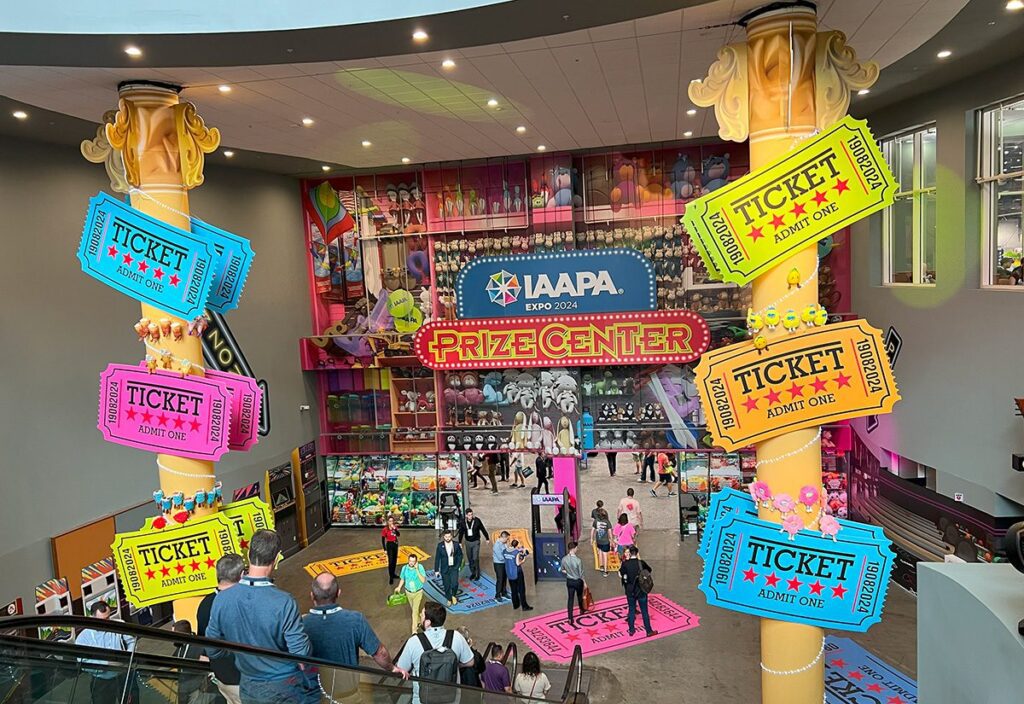If you’re old enough…and that might be over age 25…you remember when double postcards were king of the hill in subscription mailings.
You might also remember the state of wonder that beset you when you first discovered that L-shaped order forms were, for whatever indecipherable reason, increasing response well beyond the cost of slicing and dicing the cards.
And whatever happened to sweepstakes? Oh, sure, the Publishers Clearing House team still shows up at somebody’s house with a combination of a 3-foot by 7-foot check and a television crew, but that’s become an anomaly, an aberration. Sweepstakes, the once-huge something-for-nothing bastion, have become rarer than a Hollywood marriage that lasts for more than a year.
Were those golden times? Well, history does apply a shiny cachet, like a coat of shellac, over discoveries that now are like Barry Bonds’ baseball career — they came and they went, but some fans still cheer.
Already, some of the marvels of online marketing are beginning to flag. The “We’ve been trying to reach you” ploy is largely unmasked. The $69.95 Microsoft XP download has become such a daily multiple that even the most naive recipients of that message conclude: Selling 5 million online names means selling 100 names 50,000 times.
Constant repetition has the clock ticking on receptivity. Even as we buy ourselves an expensive dinner or a Brioni suit, exhilarated because our ad outpulled somebody else’s or our package beat the control or our e-mail brought more clicks than the pre-existing champion, we know a mini-rule is hovering and eventually will land on our success. The mini-rule:
Sameness = Boredom.
Overuse = Abuse.
We used to have the luxury of relaxing in success for a year or two. (For that matter, the ad for the Sherwin Cody School — “Do you make these mistakes in English?” — ran unchanged for 45 years. Where are the joys of yesterday?)
We’re wearing life preservers in an Internet society. How can we shuck those life preservers and lie in the sun, reasonably safe and content? Maybe by recognizing four basic 21st century mantras that just might enable us to continue our mastery over our targets by adapting our appeals to what they want to see and hear.
Blame the Web, not me nor other observers and commentators, for these four developments that have come full flower:
- Increasing informality
(Except for très cher items, you think you can lard your copy with “indeed” and “eschew” and “however”? Fuggedaboudit.)
- Increasingly emphatic persuasion
(You want to be subtle and genteel? Fuggedaboudit.)
- Inclusion of validation
(You think you can get by with “Free 42-inch Sony Plasma TV,” then, six screens later, reveal the awful truth? Fuggedaboudit.)
- Promise of fast action
(You think you can present an offer online and then shoot yourself in the foot with “Allow six to eight weeks for delivery”? Fuggedaboudit.)
Can you ignore those four basic tellers and still mount a successful campaign? Sure. You also can blast your motorcycle through traffic at 100 miles an hour and not have an accident or get a ticket. If you’re an adventurer who revels in the parallel odds, ignore trends and trust individualism over logic.
Name the actor who won the Academy Award last year. A couple of years from now, who cares? We live in the warp-speed present, and dependence on what used to be (and that goes for speakers at trade shows and conventions, plus brave writers of columns such as this one) is a disservice both to communicative leadership and, eventually, to individual reputations.
Attention spans are gnat-size, but long letters still can outpull one-pagers or “Bulletin” mailings…sometimes. Long e-mail subject lines are the target of constant damnation by vest-wearing critics, but they still can outpull “Flash” subject lines…sometimes.
Our challenge, as force-communicators, is to resist as never before the temptation to extrapolate faux rules because what we did succeeded this once. Like it or not, we just may be unwitting or even unwilling passengers hanging on to a 100-mile-an-hour rhetorical motorcycle.
Will it run out of gas? Will it wipe out credibility for all of us, even though we aren’t the driver? We don’t have to wait 45 years, the way the Sherwin Cody School did. Ask me in two years. My answer will be a guess, just as I’d be guessing who won an Academy Award for anything in the ancient year 2006.
HERSCHELL GORDON LEWIS (www.herschellgordonlewis.com) is the principal of Lewis Enterprises in Fort Lauderdale, FL. He consults with and writes direct response copy for clients worldwide. “Hot Appeals or Burnt Offerings” is his recently published 30th book. He also is the author of “Open Me Now,” the curmudgeonly titled “Asinine Advertising,” and “On the Art of Writing Copy” (third edition).
 Network
Network

